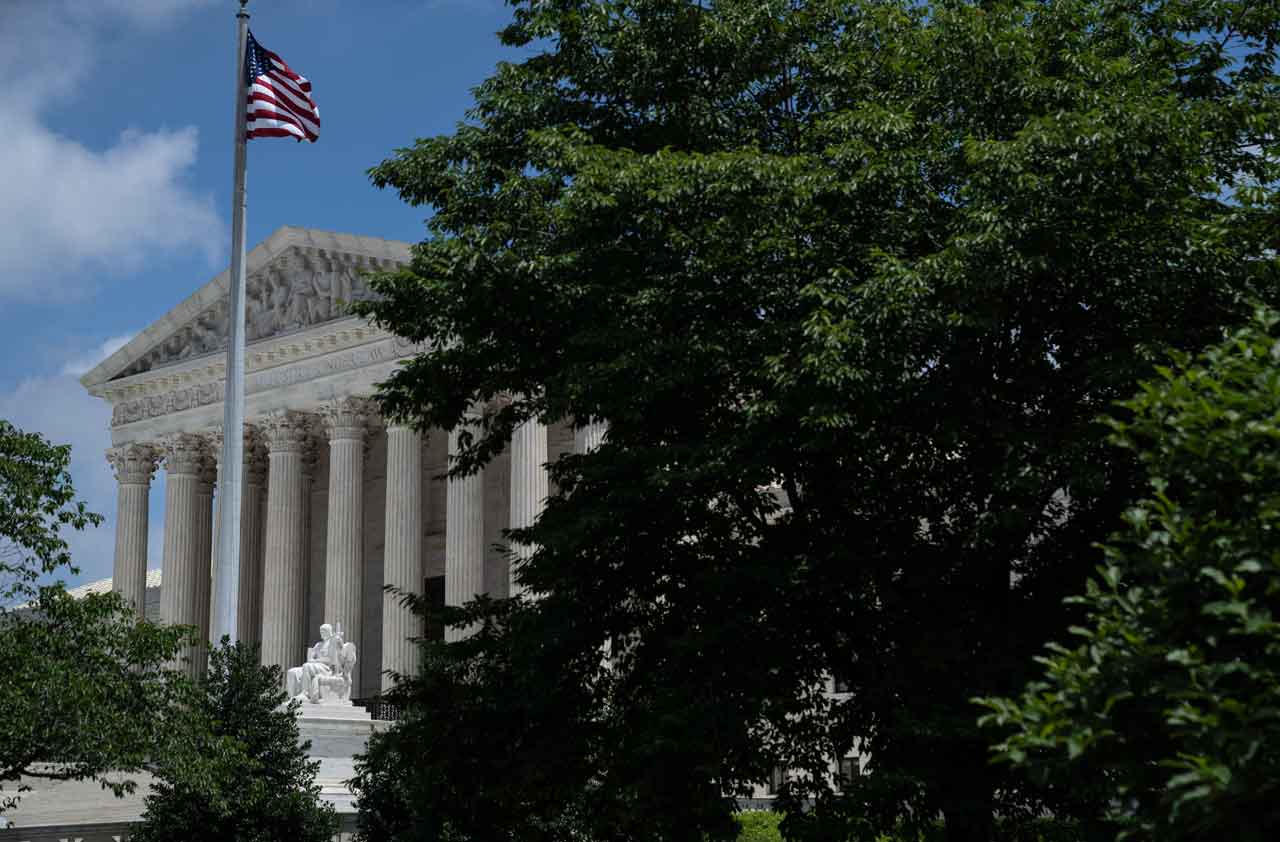Why the Smart Money Is on Janet Yellen as the Next Fed Chairman
The key difference between Yellen and Larry Summers isn’t gender or ideology but club membership.

Profit and prosper with the best of Kiplinger's advice on investing, taxes, retirement, personal finance and much more. Delivered daily. Enter your email in the box and click Sign Me Up.
You are now subscribed
Your newsletter sign-up was successful
Want to add more newsletters?

Delivered daily
Kiplinger Today
Profit and prosper with the best of Kiplinger's advice on investing, taxes, retirement, personal finance and much more delivered daily. Smart money moves start here.

Sent five days a week
Kiplinger A Step Ahead
Get practical help to make better financial decisions in your everyday life, from spending to savings on top deals.

Delivered daily
Kiplinger Closing Bell
Get today's biggest financial and investing headlines delivered to your inbox every day the U.S. stock market is open.

Sent twice a week
Kiplinger Adviser Intel
Financial pros across the country share best practices and fresh tactics to preserve and grow your wealth.

Delivered weekly
Kiplinger Tax Tips
Trim your federal and state tax bills with practical tax-planning and tax-cutting strategies.

Sent twice a week
Kiplinger Retirement Tips
Your twice-a-week guide to planning and enjoying a financially secure and richly rewarding retirement

Sent bimonthly.
Kiplinger Adviser Angle
Insights for advisers, wealth managers and other financial professionals.

Sent twice a week
Kiplinger Investing Weekly
Your twice-a-week roundup of promising stocks, funds, companies and industries you should consider, ones you should avoid, and why.

Sent weekly for six weeks
Kiplinger Invest for Retirement
Your step-by-step six-part series on how to invest for retirement, from devising a successful strategy to exactly which investments to choose.
For much of the past five or six years, Ben Bernanke arguably had the second-toughest job in Washington. Only the president confronted more-onerous challenges — here and abroad. As chairman of the Federal Reserve’s Board of Governors, Bernanke — along with President Bush’s Treasury secretary, Henry Paulson, and later, President Obama’s first Treasury secretary, Timothy Geithner — spent most of late 2007 and 2008 trying to hold the U.S. financial system together with chewing gum and baling wire. He has spent the years since struggling (in vain, it sometimes appears) to yank the U.S. economy back into healthy growth territory.
Now his term as America’s banker in chief is only months away from its end, and Obama is hunting for a replacement. His successor’s road is likely to be less dramatic, lacking the cliff-hanger mega-bankruptcies and the 50% plunge in the stock market, but not much less challenging. Whoever follows Bernanke will face the daunting task of unwinding an unprecedented $3.6 trillion in Federal Reserve holdings. Accumulated in an effort to stimulate the economy, the massive cache demands delicate handling — an ability to judge exactly when and how swiftly to reel back in the trillions in easy money that the Fed has released. Moving too swiftly risks checking the momentum of a growth spurt that could finally get the economy back into an upward spiral of rising output, wages and demand. Moving too slowly could unleash the evil genie of rampant inflation. In this precarious moment, two candidates for Bernanke’s job have moved to the fore.
For months, Janet Yellen, Bernanke’s colleague and Fed Board ally, was seen as the front-runner. Her credentials are impeccable: educated at Brown and Yale universities, a professor at Harvard, chairman of President Clinton’s Council of Economic Advisers, a member of the Federal Reserve Board and president of the Federal Reserve Bank of San Francisco, before being appointed by Obama in 2010 as vice chairman of the Federal Reserve. As Bernanke’s deputy, she is both familiar with and the candidate most closely aligned with the current chairman’s policies. Considered a monetary policy “dove,” Yellen is seen as more willing than some of her colleagues to trade off higher inflation for lower unemployment.
From just $107.88 $24.99 for Kiplinger Personal Finance
Become a smarter, better informed investor. Subscribe from just $107.88 $24.99, plus get up to 4 Special Issues

Sign up for Kiplinger’s Free Newsletters
Profit and prosper with the best of expert advice on investing, taxes, retirement, personal finance and more - straight to your e-mail.
Profit and prosper with the best of expert advice - straight to your e-mail.
What she is not is a member of the old boys’ club, closely tied to Wall Street. Is her exclusion on the grounds of gender? Maybe. In the club’s championing of Yellen’s chief rival for the job — former Treasury Secretary Larry Summers — there are echoes of earlier skirmishes against several other women in the world of finance. For example, Summers’s principal backer, Robert Rubin, another former Treasury secretary, along with Bernanke’s predecessor at the Fed, Alan Greenspan, and Summers himself opposed Commodity Futures Trading Commission Chairman Brooksley Born. She wanted to regulate the trading of credit derivatives, the exotic financial instruments that played a big role in the 2008 financial meltdown. Ditto, the old boys’ lack of enthusiasm for former Federal Deposit Insurance Corp. chief Sheila Bair and former consumer financial protection advocate Elizabeth Warren (now a senator from Massachusetts), who both think commercial and investment banks should be separated again. Do the boys just not want to share the sandbox with the girls, or is it that they fear that like Born, Bair and Warren, Janet Yellen may prove too resistant to the charms of unfettered capitalism?
Larry Summers, on the other hand, is unequivocally a member of the club. He not only has Rubin’s backing but also the support of Geithner. White House aide Gene Sperling is also in his camp.
Of course, neither candidate departs too far from the Bernanke mold. Under the leadership of either, the Fed isn’t likely to dramatically change the course of U.S. monetary policy. Both embrace the Fed’s role in promoting jobs and a more stimulative fiscal policy. Summers is a bit more concerned about inflation and the prospect of asset bubbles than Yellen. He’d likely move to phase out the Fed’s bond buying and superlow interest rates more swiftly than she would. She’s a bit more sympathetic to the need to lower joblessness further.
The second critical difference between the two is a marked difference in style. Often described as an arrogant hothead, Summers leads through sheer force of will. Yellen is soft-spoken, deliberative and inclined toward consensus. She has a track record as a very good administrator. Summers is touted as more experienced in managing crises. He has made some enemies on Capitol Hill and Senate confirmation would likely be tougher to come by for him than for Yellen.
Obama says he won’t make his choice until fall and has thrown out the possibility of other candidates for the job. He even made a point of eliminating a third contender —Donald Kohn, a former Fed vice chairman. At Kiplinger, our money is on Yellen. Summers simply has too much baggage. But if Obama does opt for Summers, it will be instructive. Whatever other changes in political leadership this president embraces, it will be clear that the critical job of managing the country’s money supply is still seen as best left in the hands of a Wall Street familiar.
Glenn Somerville, Kenneth R. Bazinet and Jerome Idaszak contributed to this story.
Profit and prosper with the best of Kiplinger's advice on investing, taxes, retirement, personal finance and much more. Delivered daily. Enter your email in the box and click Sign Me Up.

-
 Nasdaq Leads a Rocky Risk-On Rally: Stock Market Today
Nasdaq Leads a Rocky Risk-On Rally: Stock Market TodayAnother worrying bout of late-session weakness couldn't take down the main equity indexes on Wednesday.
-
 Quiz: Do You Know How to Avoid the "Medigap Trap?"
Quiz: Do You Know How to Avoid the "Medigap Trap?"Quiz Test your basic knowledge of the "Medigap Trap" in our quick quiz.
-
 5 Top Tax-Efficient Mutual Funds for Smarter Investing
5 Top Tax-Efficient Mutual Funds for Smarter InvestingMutual funds are many things, but "tax-friendly" usually isn't one of them. These are the exceptions.
-
 U.S. Manufacturing Is Already Ailing from Coronavirus
U.S. Manufacturing Is Already Ailing from CoronavirusEconomic Forecasts Supplies are hard to come by, and in the longer-term demand may be at risk.
-
 Will You Have to Pay More Sales Taxes on Your Online Purchases?
Will You Have to Pay More Sales Taxes on Your Online Purchases?business One thing’s for sure: Consumers who live in one of the five states without a sales tax won’t be affected by the Supreme Court’s ruling.
-
 What to Expect From the New Fed Chief
What to Expect From the New Fed ChiefEconomic Forecasts By and large, Jerome Powell will move along the path set by his predecessor.
-
 How a Border Tax Would Affect You
How a Border Tax Would Affect YouBusiness Costs & Regulation A plan to limit imports could raise prices but also create more jobs.
-
 A Housing Shortage Looms: Builders Can’t Keep Up
A Housing Shortage Looms: Builders Can’t Keep Upbusiness Starter homes especially are becoming scarce.
-
 Help Wanted in America: Skilled Workers
Help Wanted in America: Skilled WorkersTechnology In an ever-more-competitive job market, technology increases the need for skilled workers.
-
 The Unintended Consequences of a Boost in Overtime Pay
The Unintended Consequences of a Boost in Overtime PayBusiness Costs & Regulation New rules mean millions more employees will be overtime-eligible. But will employers find workarounds?
-
 U.S. Economy to Perk Up in Second Half
U.S. Economy to Perk Up in Second HalfEconomic Forecasts Consumers are recovering from a swoon induced by a wobbly stock market. But energy, other sectors will continue to struggle.